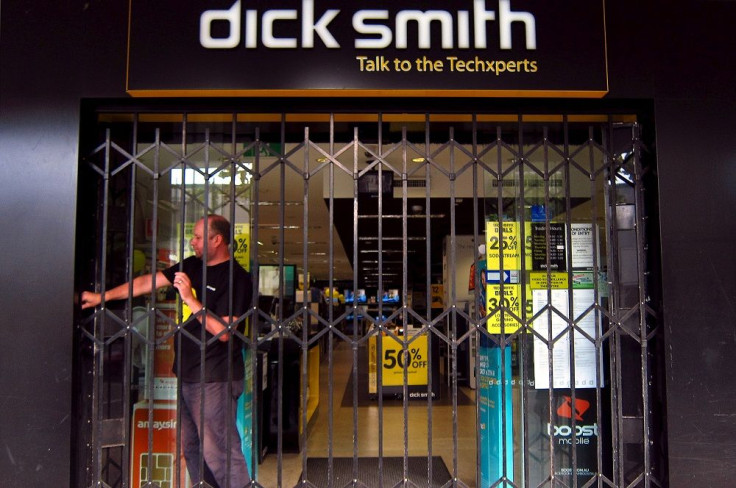Number of insolvent Australian companies rises 15% to more than 10,000 in last 12 months

Before June ended, a major hospitality group with around 20 restaurants across Australia went under receivership. The incident confirms many local companies are finding the local business climate no longer healthy in Australia, particularly in view of the end of the mining boom.
Sydney Morning Herald reports that the number of Australian companies which went bust or have become insolvent grew 15 percent to 10,258 the past 12 months to April 2016. It is higher than the 8,899 companies that declared insolvency the previous year, according to FTI, a business advisory company.
The harsh business environment is particularly felt in Western Australia and Queensland where the number of company insolvencies are higher than the Australian average, says Ian Francis, senior managing director for corporate finance and restructuring at FTI. With companies in the two mining states transitioning as the boom is definitely over, Francis adds, “The next phase in the mining downturn is playing out.”
He explains that with the heavy pressure on mining firms, the related impact would be felt in the property sector. In WA, number of insolvent companies reached 1,014, while in Queensland it hit 2,191.
Although it represents a 21 percent hike for the two states, the Northern Territory actually logged a high 40 percent increase in insolvencies, but in absolute numbers it pales in comparison since the jump was from 52 to 73 companies only, reports The West Australian.
VIDEO: Declaring Bankruptcy in Australia: What you need to know





















